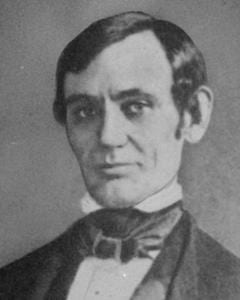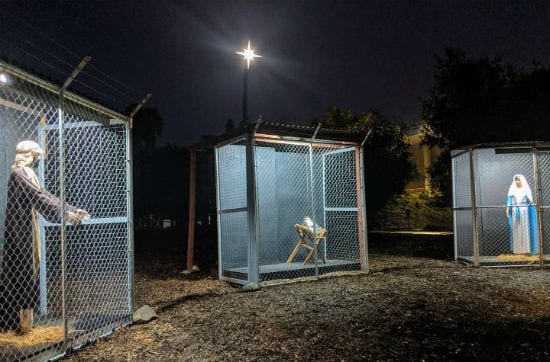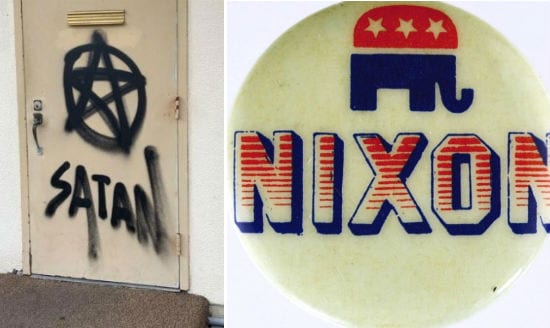Tim Dunlop of Road to Surfdom provides some helpful clarity about the issues of consequence (and of no consequence) in the CIA leak-gate investigation. He frames the issue more clearly in 13 short lines than I have heard done from a whole afternoon of cable news chatter.
One odd aspect of today's news coverage was the continual updating of the number of administration staff who have turned over either their documents relevant to the investigation, or an affidavit affirming that they have no such documents. John King recently reported on CNN that some 500 out of 2,000 officials have complied with the order to turn over such documents. The rest have until 5 p.m. Tuesday to comply.
What's odd here is the 2,000 figure. There's absolutely no need for this investigation to encompass 2,000 people. Robert Novak cited his source as "two senior administration officials." That category — emphasis on the word "senior" — is not so broad as to include 2,000 people.
The list of possible leakers was furthered narrowed by — who else? — a "senior administration official." The one who spoke (on condition of anonymity) to Mike Allen and Dana Priest of The Washington Post and was the source for this Sept. 28 article. This SAO "said that before Novak's column ran, two top White House officials called at least six Washington journalists and disclosed the identity and occupation of Wilson's wife."
The category "top White House official" is far narrower, even, than that of "senior administration official." Emphasis here goes on the word "top." We're talking about cabinet members, the vice president, and tippity-top aides. This is a category that could scarcely be stretched to include 50 people.
It is — as Josh Marshall has been pointing out since late July — a category small enough that no formal investigation is needed. President Bush could get all of these people into one not-very-large room, or he could have them marched one-by-one into his office in a couple of hours' time.
The fact that the leakers were "top White House officials" means that if President Bush had any interest at all in finding out their identity, he could still do so this evening before his famously early bed time. "I want to know," he said in a press event this morning. If that were true, nothing is stopping him from finding out himself.
Bush's most interesting comment this morning seemed directed specifically to one person — to that "senior administration official" who narrowed the list of leakers for the Post reporters. Bush said he wanted to send: "a clear signal we expect other leaks to stop, as well."
The president does indeed send a clear signal: leakers who violate national security will be protected by stonewalling and foot-dragging. Whistle-blowers who expose the administration's lies will be prosecuted with extreme prejudice.












